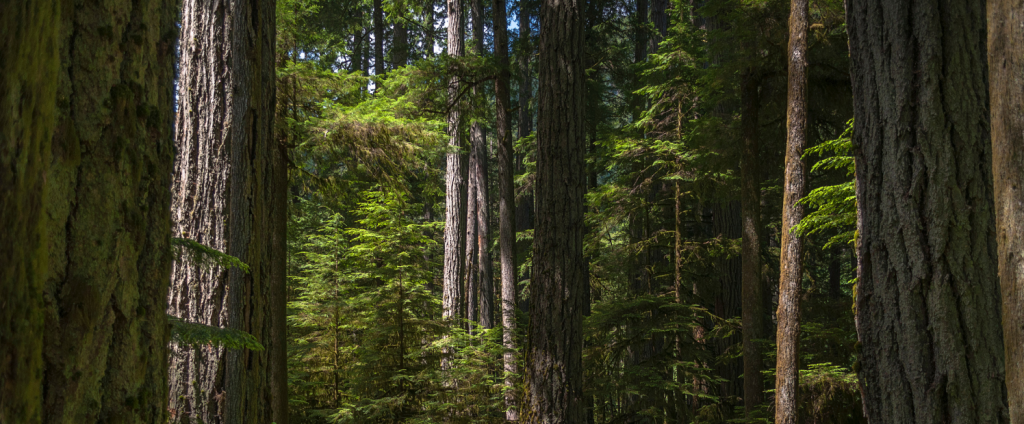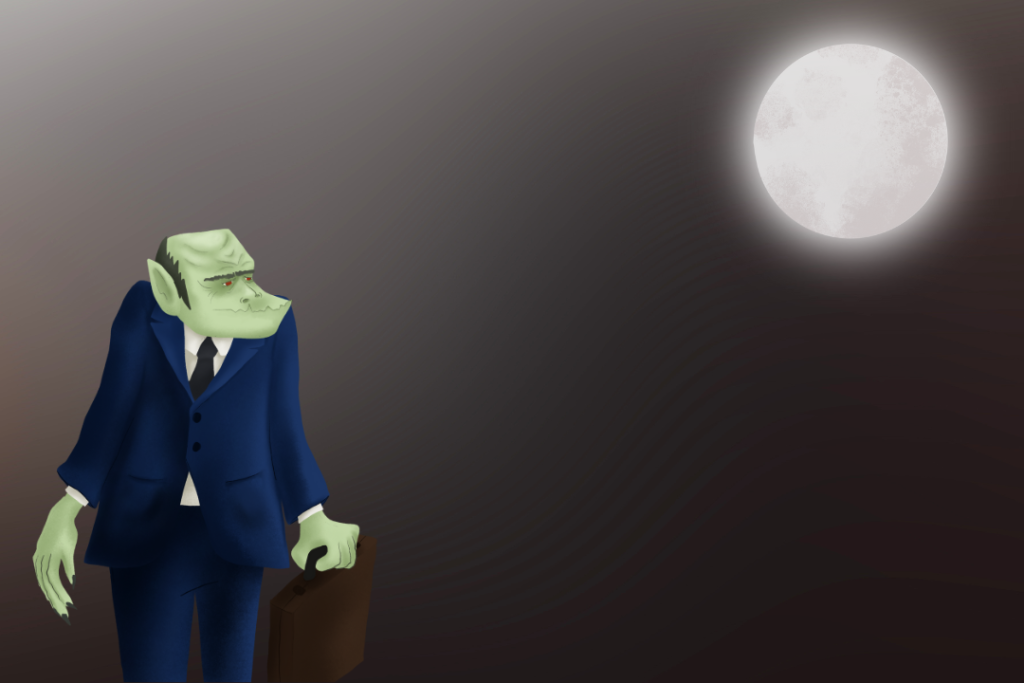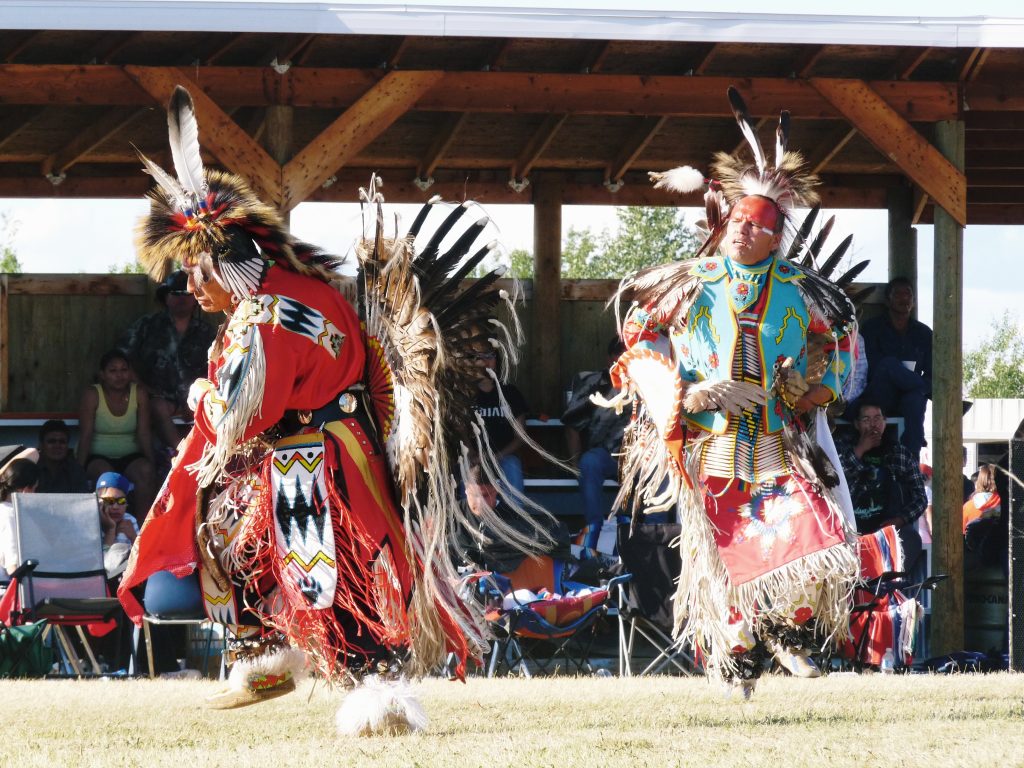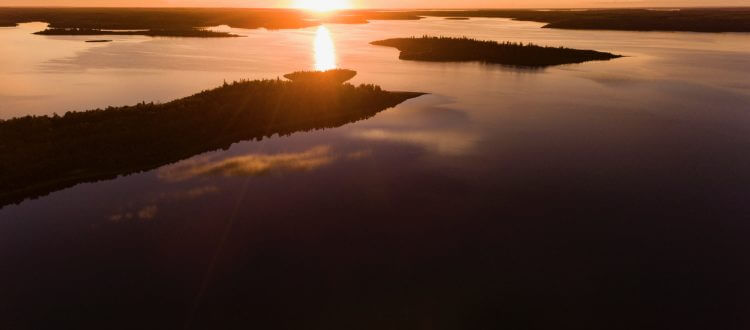Campaign Overview
The homeland of the Beaver Lake Cree Nation in northern Alberta is being taken over by Canada’s biggest fossil fuel extraction project: the oil sands.
Beaver Lake Cree Nation is going to court to defend its rights to hunt, fish, and practice their culture as guaranteed under Treaty 6. In the process, the First Nation is also pushing back against one of the largest and most carbon-intensive energy developments on the planet.
Indigenous people are drawing a line in the sand.










